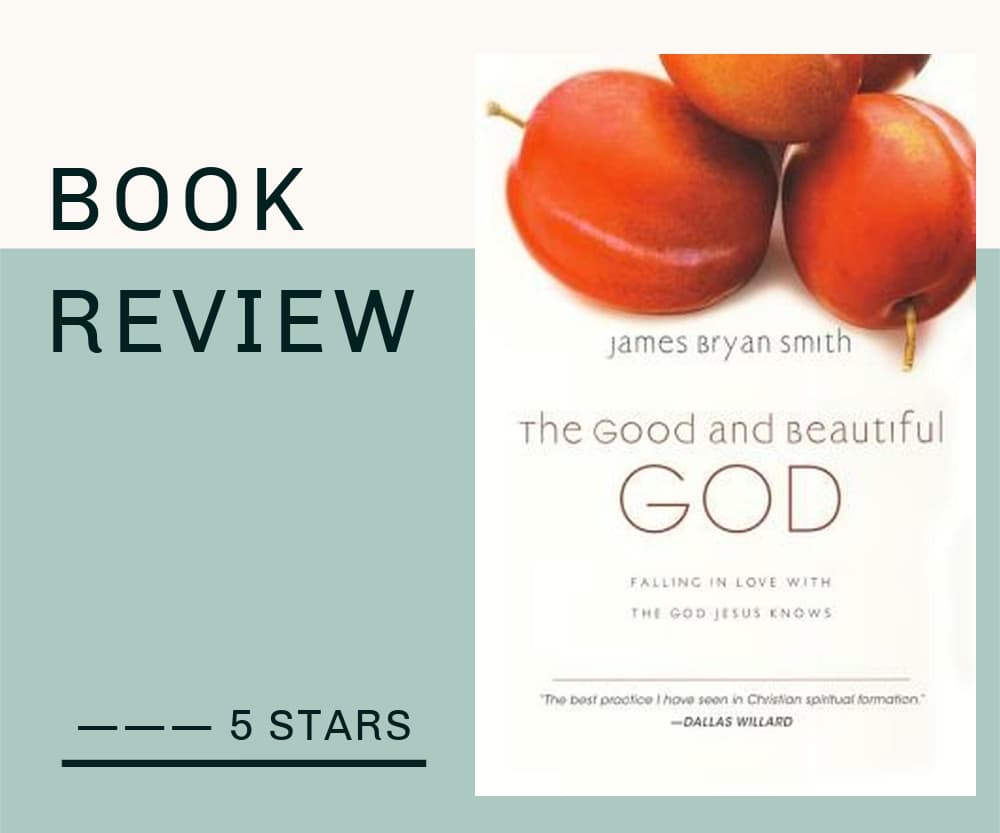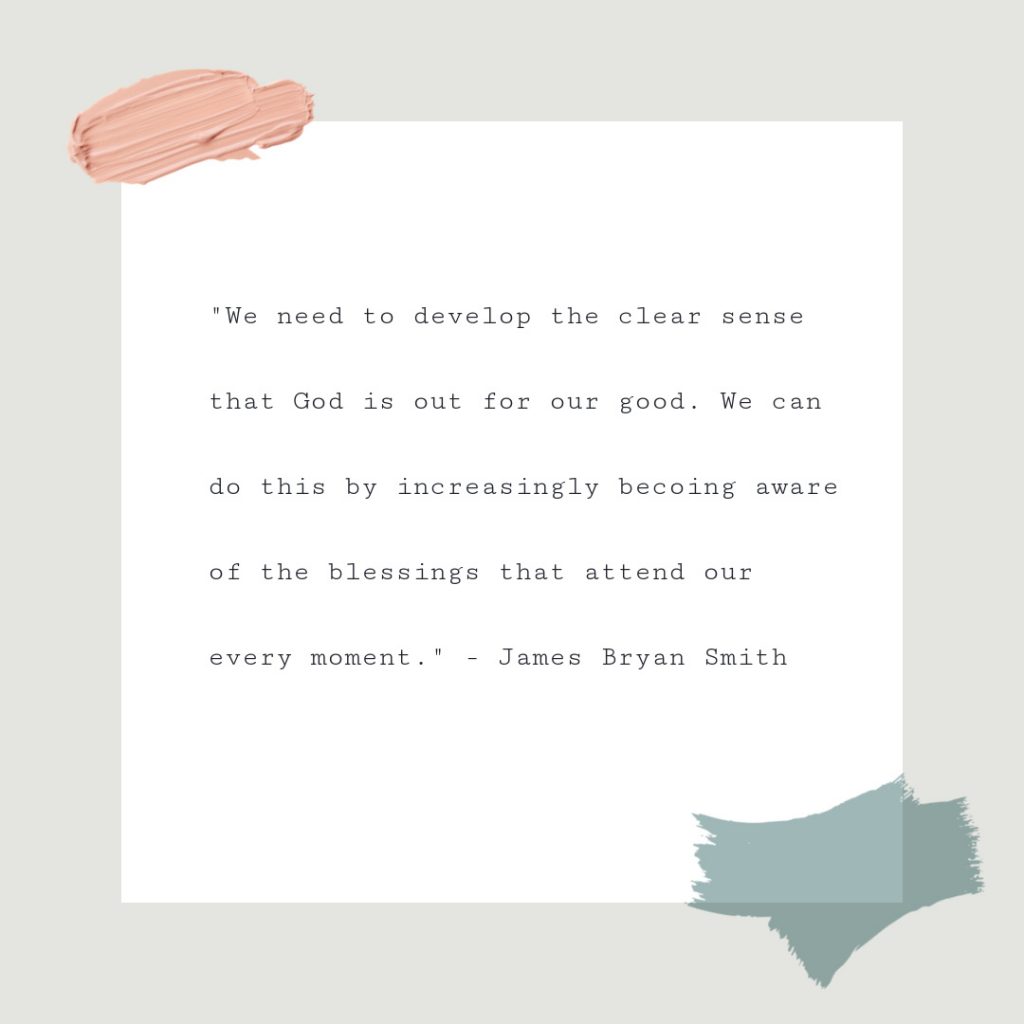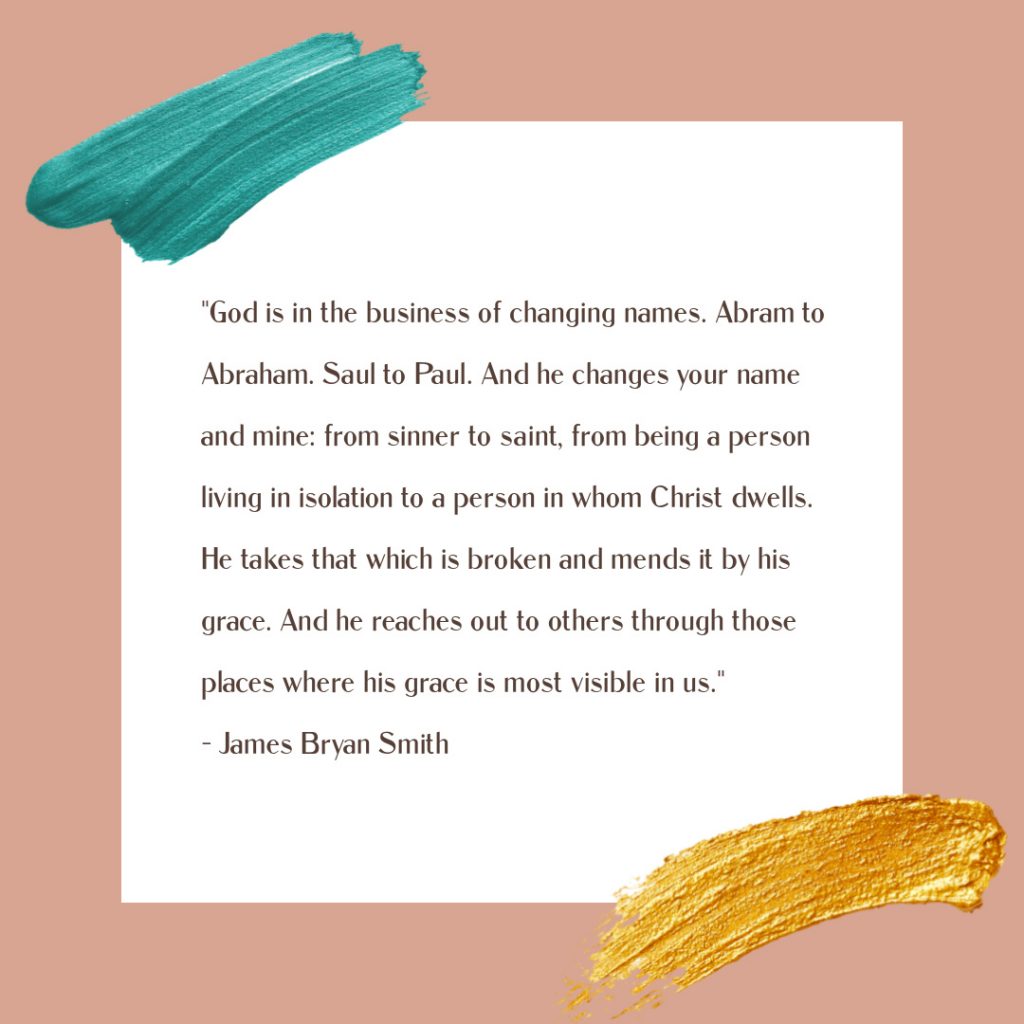In this, my year of wonder, I’ve been reading a themed book each season that is helping me embrace wonder in my life. For my fourth and final book I wanted to read a book about the character of God, the creator of wonder and the most worthy recipient of awe and wonder in my life. My friend Cara shared this title with me, and I was eager to explore the character of our good and beautiful God—to fall in love with the God Jesus knows (as promised by the subtitle)—through this book from a pastor and spiritual formation expert.

The focus of The Good and Beautiful God is on the character of God and how we move into a life of intimacy with Him. This begins with “knowing the God Jesus knows, and loving God with every fiber of your being. This is the spring and the foundation of the entire Christian life.” A true knowledge of God begins with letting go of false narratives we have about God and adopting Jesus’ narratives (the stories and images Jesus tells to reveal the character of God). Once we have the right narratives in place, we solidify our acceptance of them through participation in community, through connection with the Holy Spirit, and through soul-training exercises. (The nine soul training exercises Smith outlines here are: sleep, silence and awareness of creation, counting your blessings, praying Psalm 23, Lectio Divina, margin, reading the Gospel of John, solitude, and slowing down).
The premise of this book lines up nicely with my current Truth Chronicles journey, and I appreciated the opportunity to identify some false narratives I have about God and replace those with what is TRUE about Him. While each of the seven character attributes explored in the book were familiar ones, I enjoyed Smith’s take on each one and had excellent takeaways from every chapter.

Because I was reading this book with the purpose of evoking wonder at the character of God, I made a note of awe-inspiring aspects of each of the explored character traits.
God Is Good—God’s goodness stands outside of our circumstances. It is unproductive to wonder why good or bad things happen, but we can know that He is just (more just than our human minds can understand) and that His goodness is not something we get to decide upon. We cannot make assumptions about God’s goodness based on our limited understanding; our “experiences of disappointment with God say more about [us] and [our] expectations than they do about God. The goodness of God is vast and consuming.”
God is Trustworthy—To trust someone is to “believe that he or she has your best interests in mind, that the person will protect you from harm and is reliable.” As we focus on the “blessings we have been given—free and undeserved—we will be able to see that God is out for our good.” And as we see that He is with us and for us, our trust level increases.
God is Generous—Generosity flows from either a sense of abundance or a feeling of compassion. “God is moved by both. God is generous because he lives in a condition of abundance—his provisions can never be exhausted—and God is moved with compassion because he sees our need.” We have earned NOTHING, but God continues to give because He delights in us.

God is Love—God loves us as we are, not as we should be, and what He wants most from us is “to serve us, to see us feast and rejoice in his goodness.” This love is a far greater motivator than legalism or guilt in compelling us to love and serve others.
God is Holy—God’s love does not negate the fact that He cares deeply about sin. While His first and last word is always grace, He is also a wrathful God—and this is good news because “the nonwrathful god is powerless against the darkness.” God’s wrath is a mindful, objective, rational opposition to evil and is actually an act of love.
God is Self-Sacrificing—Self-giving seems like weakness, but it is an aspect of love and is the highest act. Christ’s vulnerability is a demonstration of true strength, the greatest power the world has ever known.
God Transforms—As I abide in Christ, I am free to “live as Jesus did: in utter dependence on God, in a deep and intimate relationship with him, fully relying on God—not my willpower—to live the Christian life.” The more I’m aware of my identity in Christ and his power and presence, the more I will be transformed in HIs image.

As I hoped it would, this book confirmed what I knew to be true: that our God is utterly deserving of my awe, wonder, loyalty, and worship. His character is multifaceted and his eminence is vast, yet He cares deeply and intimately for each of us. His heart is for us and He invites us to come before His throne, pouring out our praise and honor and worship as we gaze upon His brilliance with an all-consuming, life-altering, humbly grateful sense of wonder.